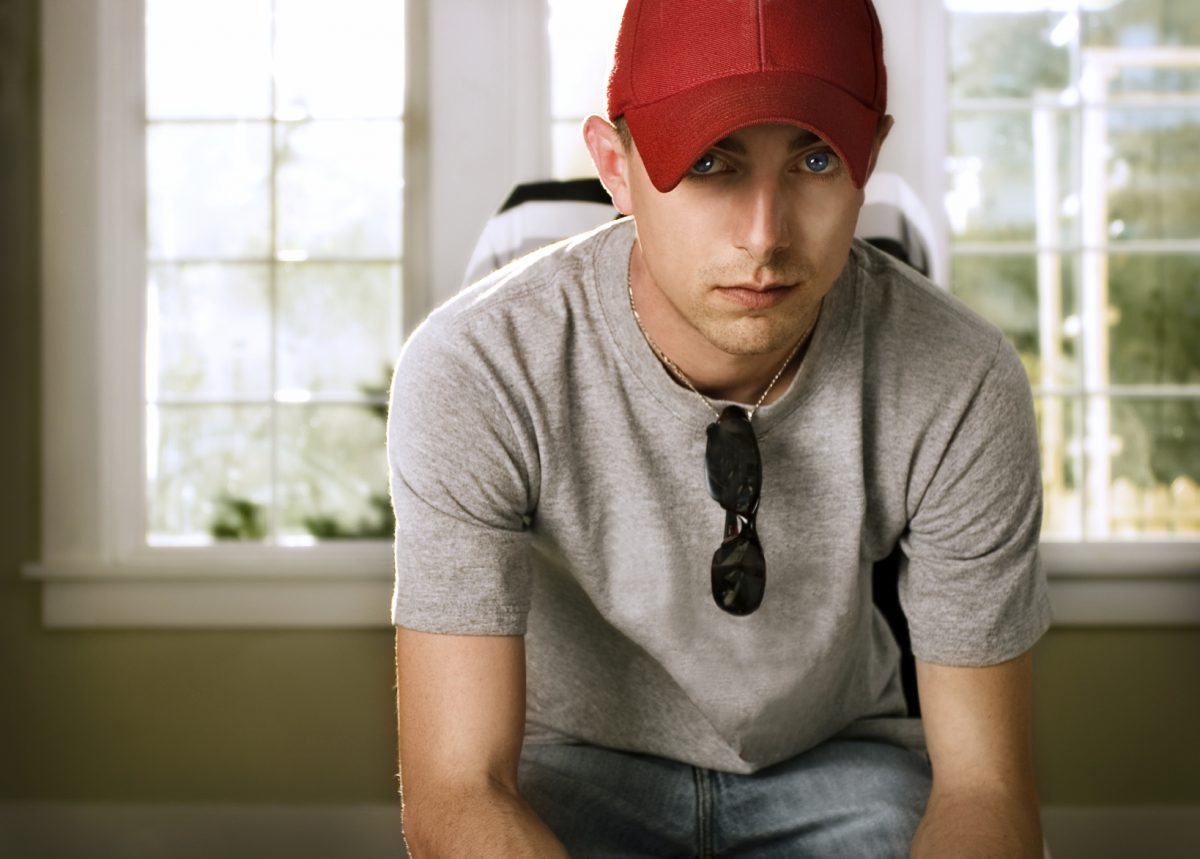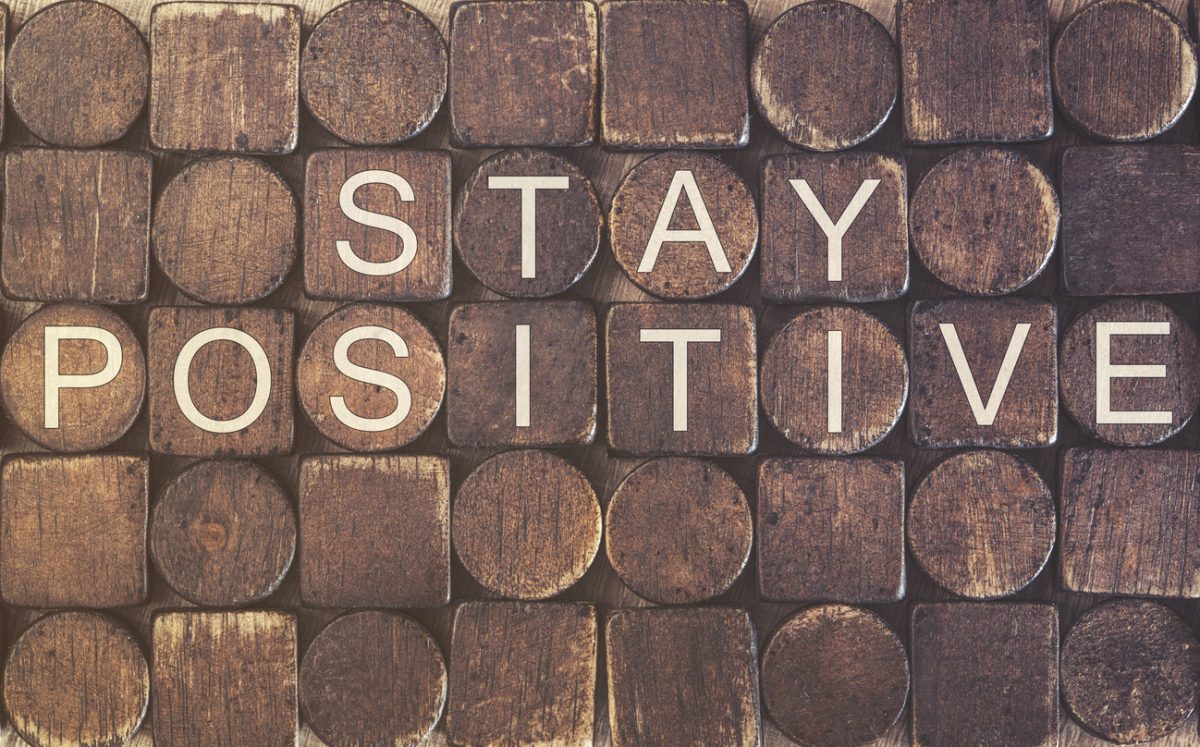
Supporting a loved one or friend going through drug recovery can be a heavy burden, but it can also be an incredibly rewarding experience. We all want to save those we love, but the knowledge that some of what we do might be in vain can be just as crushing as thinking we contributed to a loved one’s downfall. With that in mind, it’s also important to recognize the responsibility we have to those we care about to do our best in endeavoring to help them. But for support to be effective, we must draw a distinction between help and ‘help’.
The best support a person can offer someone in recovery is the kind that helps them rise to the occasion and become a better person. Support that involves taking away harm and hardship from those we love can help, but given certain context, may not always be best.
Perhaps you shouldn’t shield them from the consequences of their actions, but neither should you place pitfalls in their path. You don’t have to let them struggle to pay the bills for their recovery, but they should contribute somehow, especially given the therapeutic importance of maintaining employment during the recovery process. You can help in every way you choose to but need to create boundaries and list consequences should your trust be betrayed. Addiction is an illness, and your friend may be sick, but it’s often with good intentions that we enable the very behavior we’re trying to eliminate.
The best path forward is one wherein you help your loved one grow stronger, without enabling their bad habits. Walking that fine line between warding off unnecessary pain and watching someone work through the challenges they face as a result of their actions can be difficult, but important. But where does one start?
Talk to Them About Helping
The first step is arguably the simplest, and just involves talking. Ask your loved one what they might need. It’s not easy to ask for help, and some might feel that it’s a sign of weakness. It’s different to accept help from a friend, however, when they offer it. If you’ve wondered why your friend or loved one has never said a word saying that they needed someone around, consider that perhaps they’re ashamed or worried, or even scared of the repercussions. Addiction is not an easy beast to beat, and one of the ways in which it makes itself felt is through recurring negative thoughts and feelings of guilt and shame.
A good way to subvert that problem is to make the first move. Just talk to your loved one and make it clear to them that you’re available and ready to help. Be careful about saying ‘need’ or ‘want’. It’s best to leave out any allusion to only being available should your friend really ‘need’ you, as they’ll do their best to avoid asking you for help in that case. The same goes for ‘wanting’ your help, as they may worry about inconveniencing you, or falsely believe that a recovery journey is something they must do alone. Instead, just make it clear that you’re there to help in any capacity you can, without a ‘need’ or ‘want’ from your friend.
Keep in Touch
When you say you’re available, you have to mean it. Be available, even if only in some small capacity during certain times throughout the day. If you have a job that requires you to be completely focused and off any communication devices, then be sure to mention that to your friend. If you made a promise to be available around the clock (which isn’t recommended), follow through on that promise.
The best way to help your friend and still live your own life is to not help out alone. It’s best to get together with a group of other friends or relatives and work out a response plan, so when your recovering friend gets in touch with someone who is unavailable, they can try to contact the next person for help instead.
A person in recovery sometimes needs an emergency button to press. It’s important to have someone to talk to when the weight of it all becomes unbearable, or when the cravings feel overwhelming. Simply being around for a conversation over the phone or a few text messages and a quick call can make a difference.
Read About Addiction and Recovery
Addiction and addiction treatment are complex topics, and your help would be much more effective if you’ve done your homework. While basic topics and a general breadth of knowledge regarding mental health and addiction can be a great start, it makes a tremendous difference to know what your friend is struggling with specifically and learning more about them and their issues. If your loved one has a dual diagnosis of both addiction and depression, for example, understanding how these two illnesses co-exist and affect one another is important.
There are countless resources out there to help you better understand various topics of mental health, as well as resources aimed specifically at preparing relatives and friends of recovering addicts for the potential challenges and issues that may lie ahead.
Encourage Seeking Therapy and Other Options
Knowing a friend is going (or has gone) through rehab isn’t enough to ensure that you’re doing the most you can for their recovery. Recovery doesn’t end after the residential treatment program has ended, but often rather begins once all programs are through and sober living truly begins.
Encouraging a loved one to seek out post-program recovery options is important in order to keep them away from a potential relapse. A therapist can be crucial in this, guiding a patient to other recovery resources (from groups and events to books and seminars), and helping them process the emotional turmoil of early recovery.
In the same way, it makes a tremendous difference to encourage your friend to engage in healthier and more responsible habits – together. Avoid old hangouts and bars when heading out to have fun. Eat healthier and exercise together, either at the gym or through other sports and activities.
Take Care of Your Own Needs
It’s important not to forget that if you make the mistake of sacrificing your wellbeing to help your friend, you’ll only be placing more guilt and pain on their shoulders. This isn’t a game of equivalent exchange – you don’t have to give your life up to help your friend get theirs back. Take care of your own needs and happiness, manage your stress levels, and share the responsibility of helping a recovering addict with other friends and relatives you know.
You and your loved one can both lead happy and fulfilling lives, provided you both learn to manage your own mental and physical wellbeing over time.









